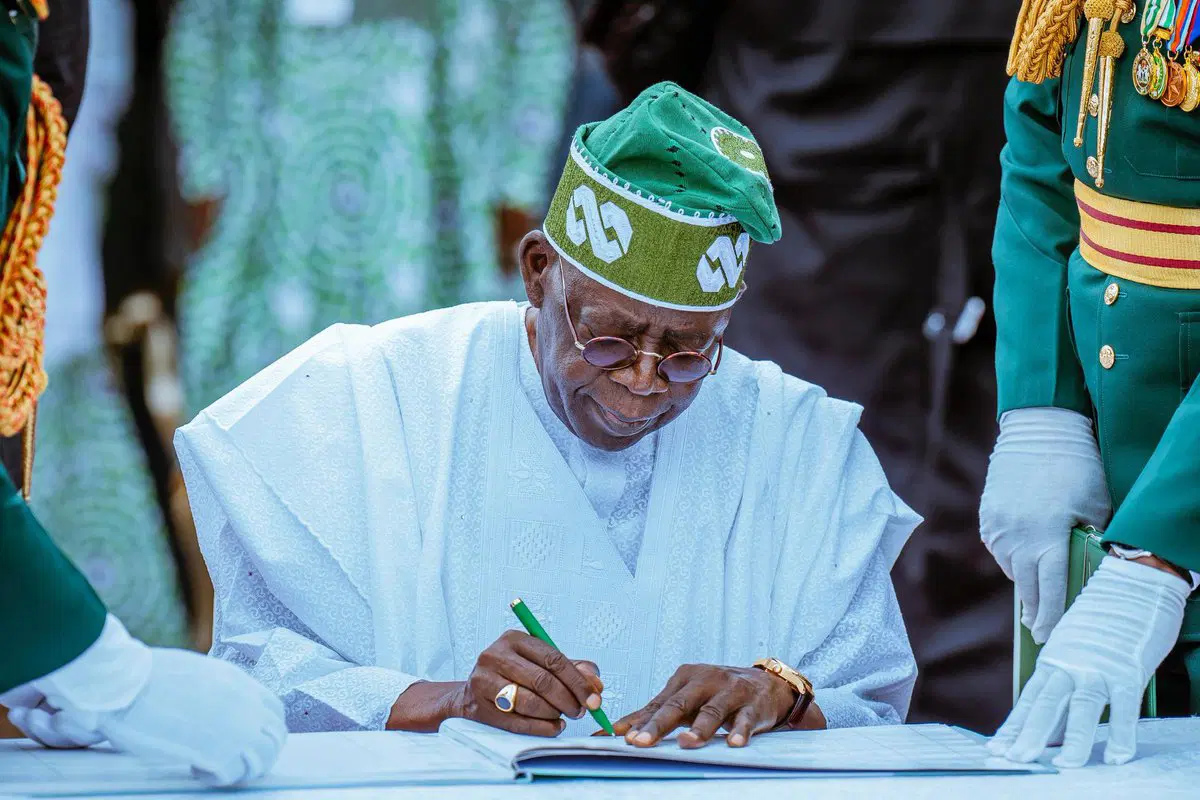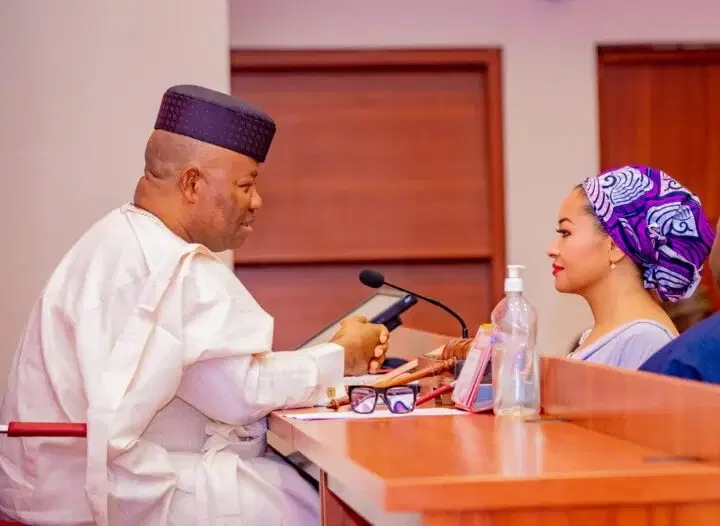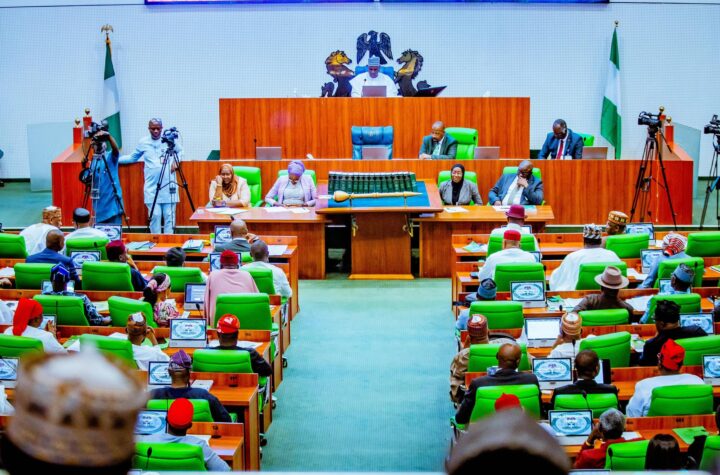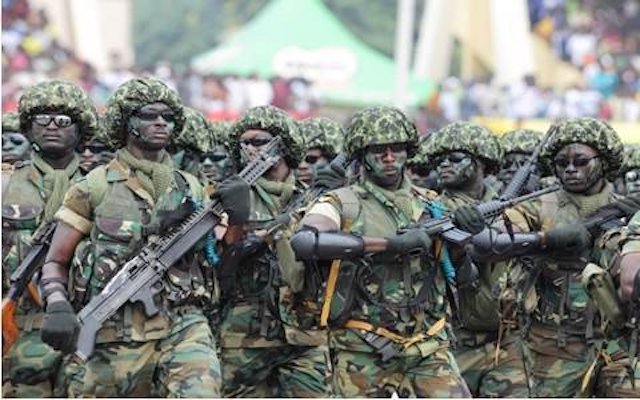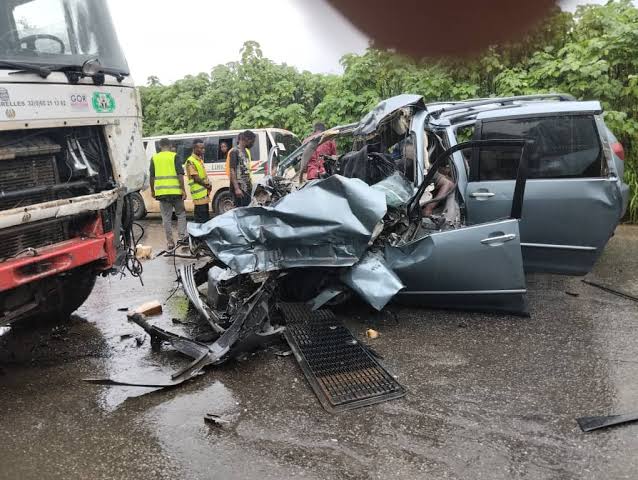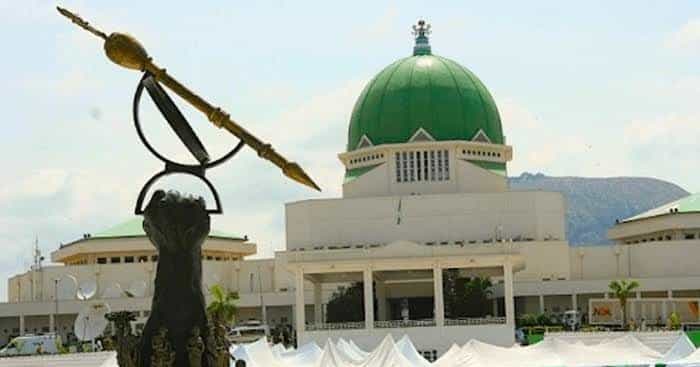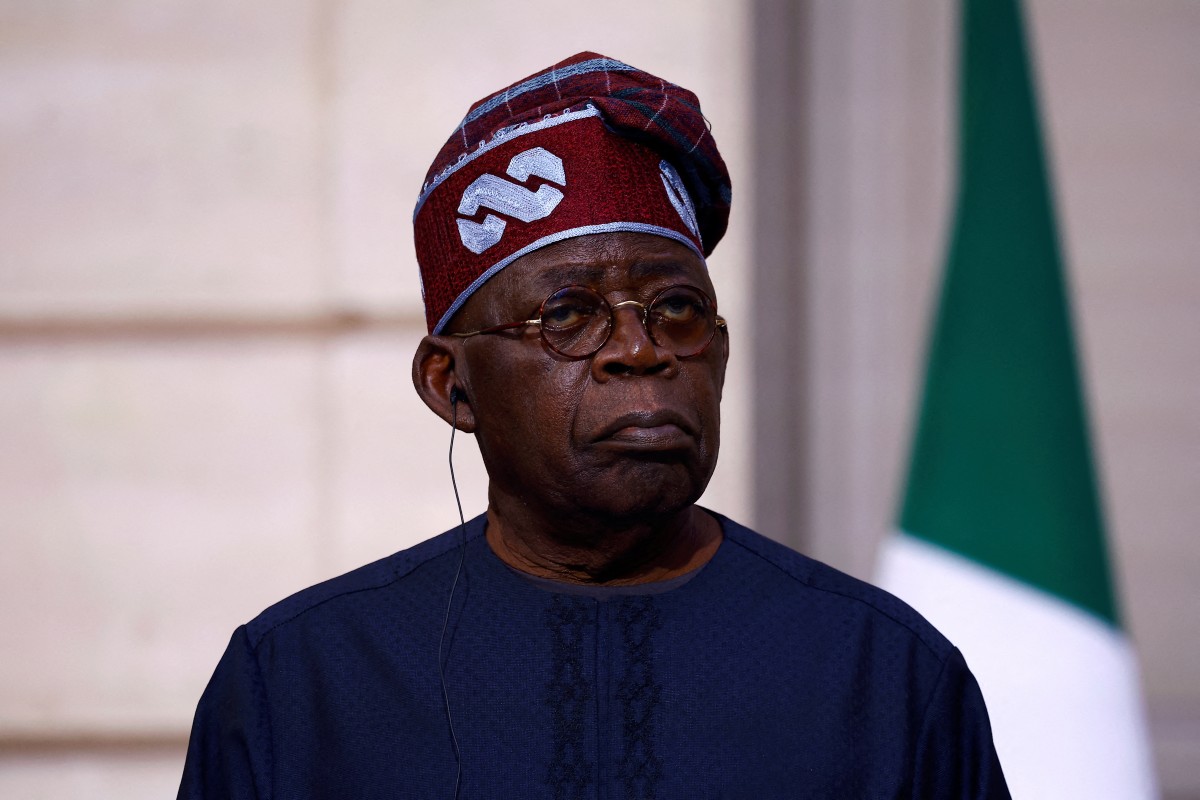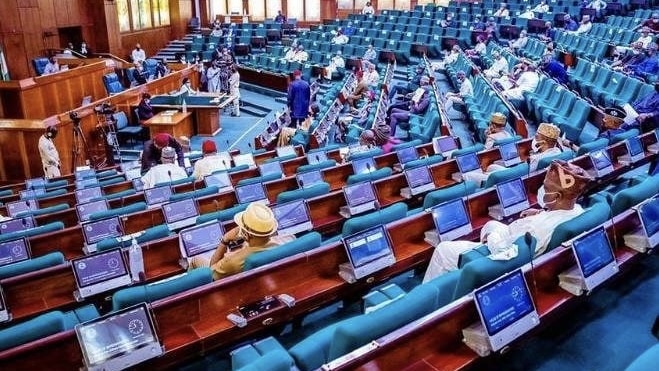The Kano State Government has introduced strict new regulations to control media content, sparking widespread criticism from civil society groups and political commentators who say the move threatens freedom of speech and democracy.
In a statement signed by Sani Abba Yola, Director of Special Duties at the Ministry of Information and Internal Affairs, the government announced that all live political programmes on TV and radio are now banned across the state.
During a quarterly meeting attended by media executives, Kano State’s Commissioner of Information, Comrade Ibrahim Abdullahi Waiya, said the new measures aim to “protect the cultural and moral integrity of Kano.”
He praised media houses for helping to reduce what he called “unethical content” and insisted the new guidelines are meant to promote responsible journalism, not to suppress free speech.
However, the new rules require every guest on TV and radio programmes to sign an agreement promising not to use abusive, defamatory, or offensive language that might harm Kano’s cultural values.
Presenters are also prohibited from asking provocative questions or making gestures that could damage the state’s image.
The government said it has carried out awareness campaigns targeting broadcasters, political commentators, and religious figures to encourage “responsible communication.”
While the authorities insist the new policy is designed to maintain social harmony, critics argue that it amounts to censorship and is a way to silence political opposition and critical voices.
Despite concerns, media executives at the meeting expressed their willingness to cooperate with the government and made suggestions for improving content standards and ensuring a peaceful media environment.



